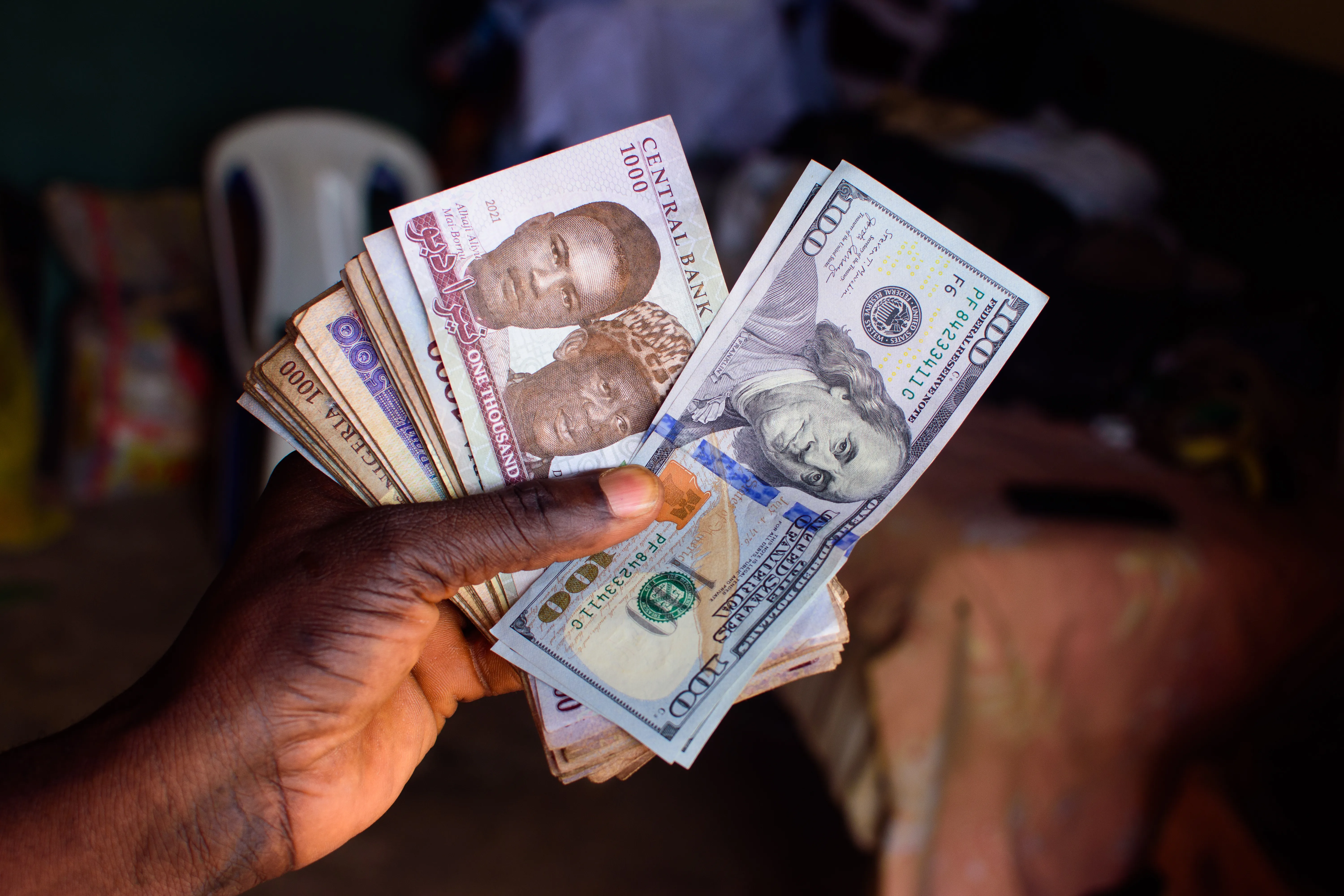With the latest 2020 launch deadline postponed because of the onset of the Covid-19 pandemic, and no new timetable in place, there are concerns about whether the eco continues to be a viable proposition.
This is despite the many advantages a common currency offers the 15 members of the Ecowas trading bloc.
Removing trade and monetary barriers and meeting these targets across the region would have significant benefits for the countries involved.
Meeting the convergence requirements would instil greater fiscal discipline in the region and provide a mechanism for unlocking improved transactional efficiencies and ensuring more predictable monetary policy and inflation management as well as reduced risk.
Having a common currency would remove trade and monetary barriers, boosting economic activity and economic upliftment in this region of approximately 385 million people. This, in turn, would be a catalyst for new investment in the region.
But with no new date set for the launch, there are concerns the project may be drifting.
Of the 15 countries in the region, eight use the CFA Franc with seven using other currencies, which are not freely convertible.
Meeting the criteria for convergence in the region has proved to be a major challenge for big and small countries. The primary criteria include single-digit inflation at the end of each year; a fiscal deficit of no more than 4% of GDP; central bank deficit financing of no more than 10% of the previous year’s tax; and sufficient gross external reserves to give import cover for a minimum of three months.
The six secondary criteria include tax revenue greater than 20% of GDP, wage bill-to-tax equal to or less than 35%, public investment-to-tax revenue equal to or greater than 20%, a stable real exchange rate and a positive real interest rate.
The disruption caused by the pandemic has led some countries to look at new monetary strategies.
The two English-speaking heavyweights have already shown little appetite for the Eco project. This is important, given their size and heft in the region, particularly Nigeria, which accounts for 65% of the regional GDP and about half of the population.
The economic giant fears losing its fiscal sovereignty and having to fall in line with regional policy. in addition, it is one of just two oil producers in the region, which it may need to employ monetary policy responses to terms of trade shocks that would not be favourable for other members of Ecowas.
The introduction of digital currencies by the central banks of Nigeria and Ghana have raised concerns that they are already leaving the Eco project behind.
The launch of the African Continental Free Trade Area in 2021 has also led to concerted efforts by key stakeholders to find ways to improve the ease of trading across borders in the absence of a common currency.
One such initiative is Afreximbank’s Pan African Payment and Settlement System (PAPS), which will enable instant, cross-border payments in local currencies between African markets. This may not replace the benefits of a common currency, but could lessen the appetite for it, given the other challenges of the project.
Many of the challenges plaguing the Eco are economic, but there are also political considerations.
Both the French president and that of Cote d’ivoire have said the Eco will maintain a peg to the Euro and guarantees provided by the French Treasury to maintain its stability even though French officials will not longer be represented on its governing bodies and a requirement that Eco member states keep half their foreign reserves in France will be rescinded.
However, non-Francophone countries have objected strongly to the new currency having any official links to a former colonial power.
It has now been more than two decades since the proposal for a common currency was first mooted, with the launch postponed four times, including in 2014.
There have been efforts to streamline the plan. The original plan to stagger the adoption of the currency in two phases was changed in 2014 to have all member states make the change at the same time.
But almost all countries still fail to meet the convergence criteria, with Togo being, to date, the only one of the 15 members to do so. Despite this, the supporting regional infrastructure is in place, including institutions such as the Central Bank of West African States.
There are many other complex issues that need to be finalised such as addressing exchange rate mechanisms, policy harmonisation measures to control reserves and finding an exit strategy for those using different currencies.
The West African Monetary Institute and West African Monetary Agency have been created to drive the common currency project and the longer the delays, the cost of maintaining them will also increase.
Ecowas leaders suggesting that the launch was unlikely to happen before 2025 because of the pandemic’s likely economic impact on an already fragile region.
But on the current trajectory, another postponement may be in the pipeline. Something needs to change. Perhaps the convergence criteria need to be less stringent to get the project off the ground and all objections and concerns voiced and addressed.
Shifting launch dates will not address the many other problem plaguing this project. And all the while, the benefits of such a monetary union are being cast to the wind.
Lamin Manjang is the Cluster CEO, West Africa & Chief Executive Officer of Standard Chartered Bank Nigeria Limited
Want to continue reading? Subscribe today.
You've read all your free articles for this month! Subscribe now to enjoy full access to our content.
Digital Monthly
£8.00 / month
Receive full unlimited access to our articles, opinions, podcasts and more.
Digital Yearly
£70.00 / year
Our best value offer - save £26 and gain access to all of our digital content for an entire year!
 Sign in with Google
Sign in with Google 



